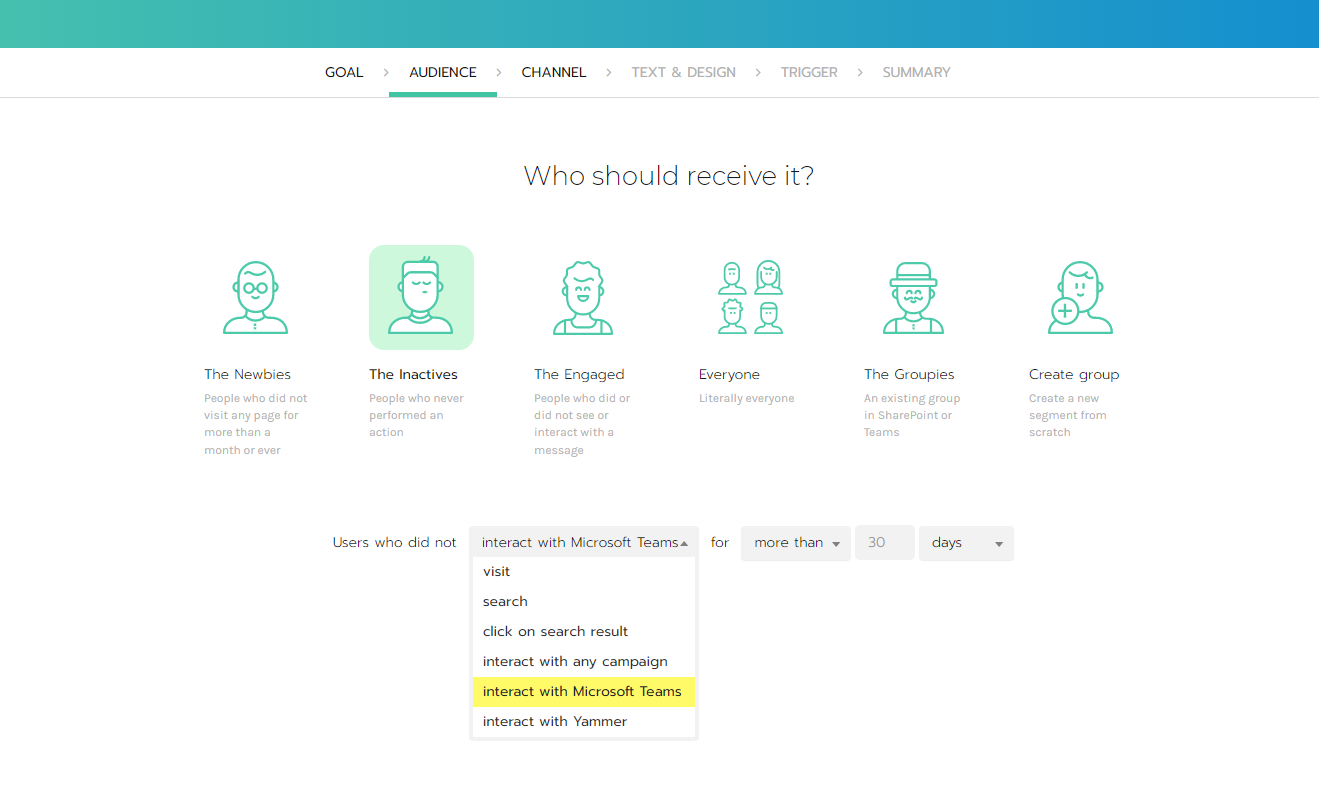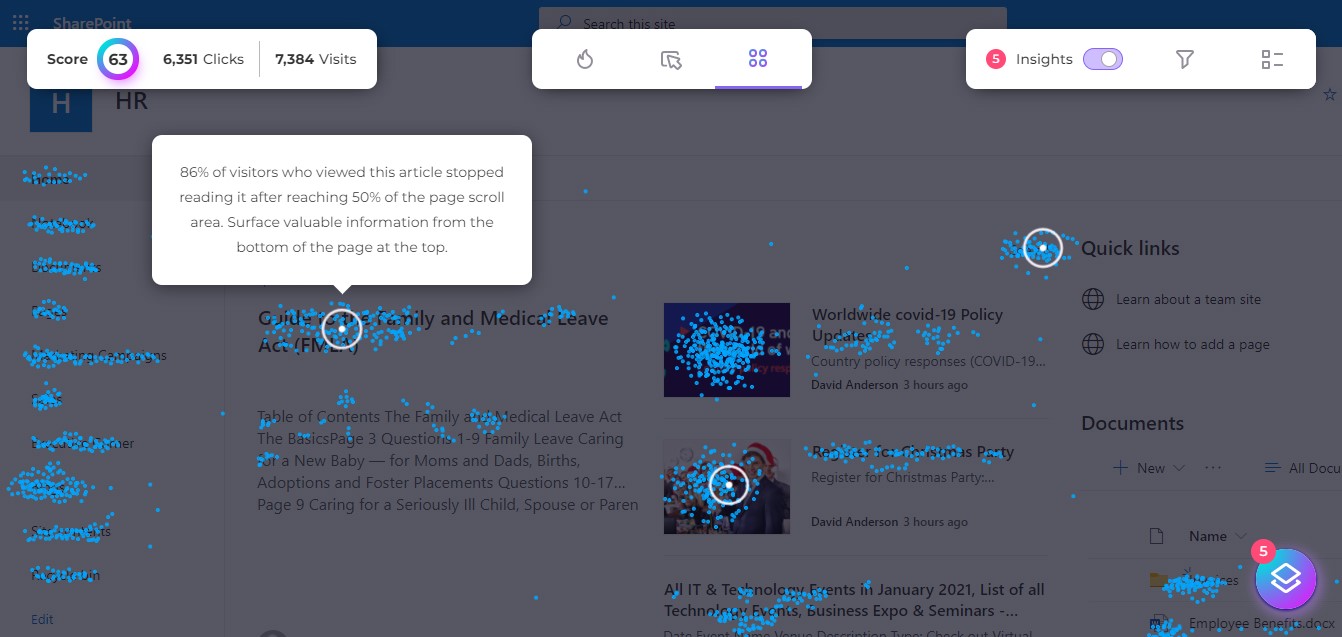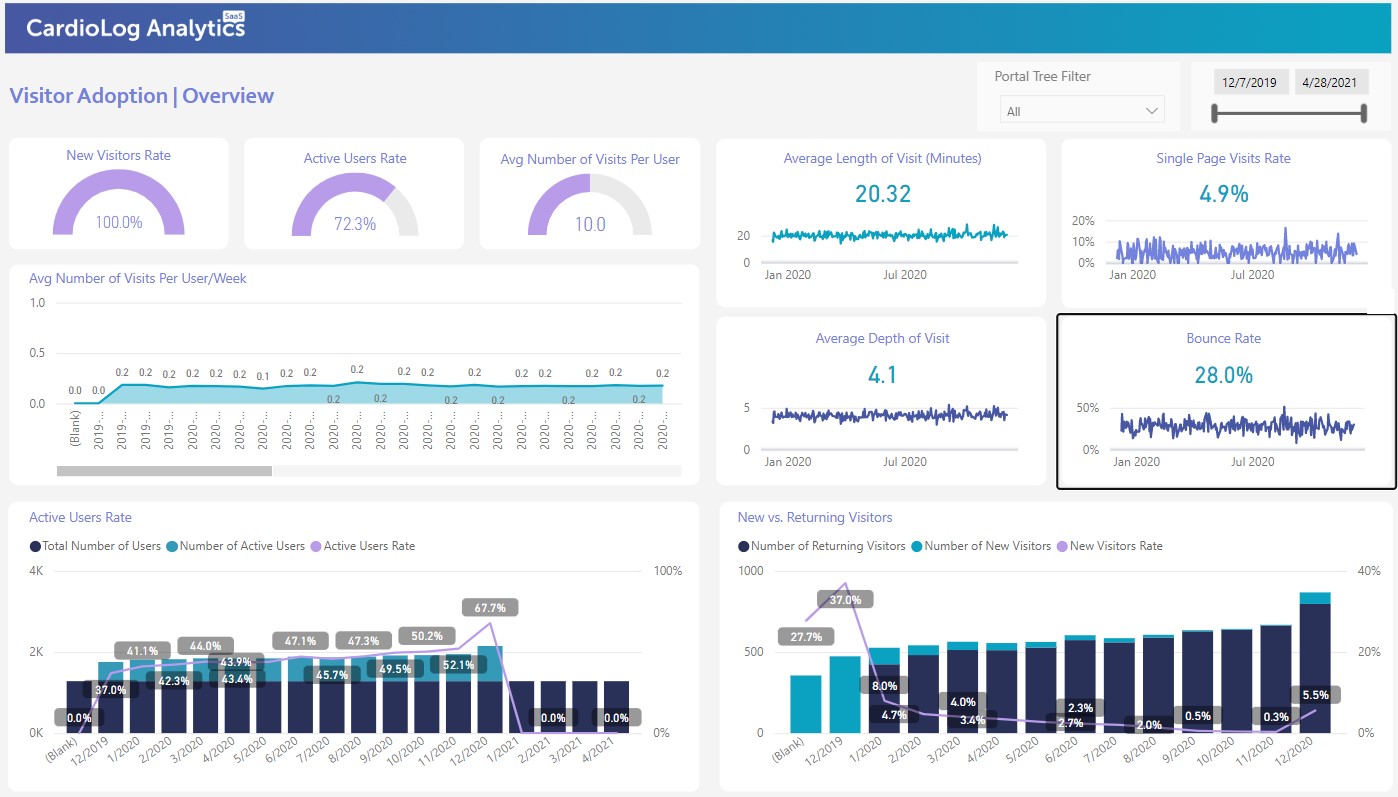
In recent years, the field of employee engagement has seen increasing attention as firms focus on investing in future growth. In a Harvard Business Review survey of senior-level executives, 71% of respondents considered employee engagement a very important factor in achieving organizational success, making it one of the most highly-cited factors. Additionally, a Virgin Pulse survey found that 88% of businesses aim to improve employee engagement in the coming year. So why are so many companies making employee engagement a priority for the future? Just look at the data.
Looking at studies on the effects of employee engagement, it becomes clear why many firms place such an emphasis on it. The most noteworthy data on engagement comes from a Gallup study of 82,000 businesses across 49 industries and 73 countries. The study found that employee engagement is correlated with many drivers of success, including higher productivity, better customer retention, and low turnover rates. These factors all add up to 21% higher profitability among firms which engage employees. Gallup found these correlations to be “highly consistent across different organizations from diverse industries and regions of the world.” Gallup also found that organizations which best engaged employees achieved 147% higher earnings per share (EPS) than their competition, demonstrating the large competitive edge that engaged employees can provide. It is clear from this data that engaged employees are more willing to put their best effort into their work, and it shows.
Related Topics:
- Employee Experience Solutions – Engagement, Inclusion, Learning
- Office 365 Engagement: A People-Centered Approach
- How To Increase Employee Engagement & Productivity
Employee engagement also manifests itself in more ways than you might think. For example, engaged employees pay more attention to their work, resulting in fewer mistakes. A study by Aon Hewitt observed that higher employee engagement in the manufacturing industry leads to significantly fewer safety-related worker’s compensation claims and cuts product defects by 75%. In addition, motivated employees are simply more likely to show up to work. The Gallup study found that engaging employees is correlated with a 37% decrease in absenteeism, leading to less lost productivity. These are just a few tangible examples of the many benefits of having engaged employees in the workplace.
In short, employee engagement is an important driver of productivity, profitability, and many other important drivers of a successful business, and it’s no wonder that companies are beginning to give it the attention it deserves. Many companies are turning to software solutions like CardioLog Engage to help them meet their engagement goals. CardioLog Engage is a targeted internal communications tool that ensures that employees get messages in the right place and at the right time and can provide feedback, ensuring that they stay engaged at work. You can also take engagement to the next level through gamification, a technique being pioneered by many of today’s most innovative companies. Applying game-based elements such as leaderboards, competitions, and rewards to the workplace has been done successfully by many companies to drive productivity and engagement and can be done effortlessly through innovative software solutions like GAMIFY.













 Follow @cardiolog
Follow @cardiolog 